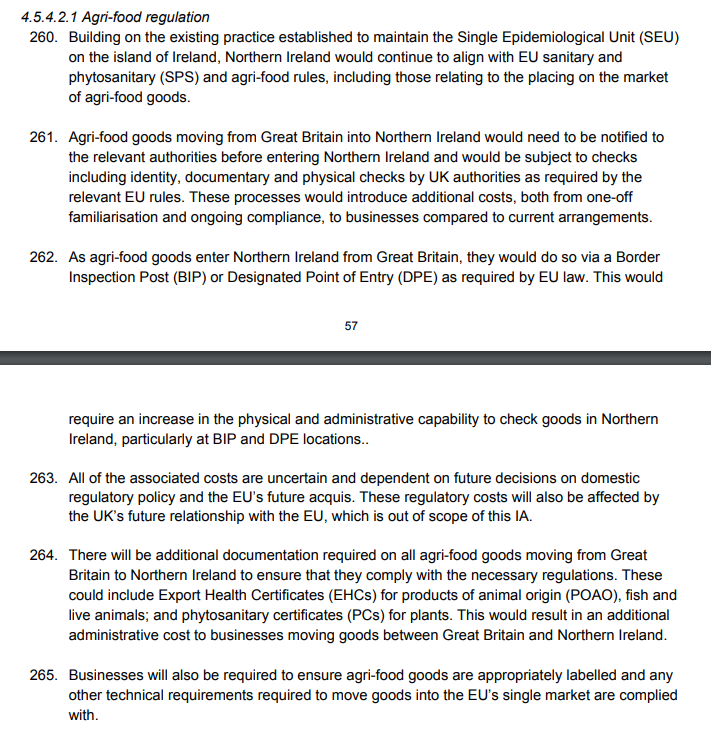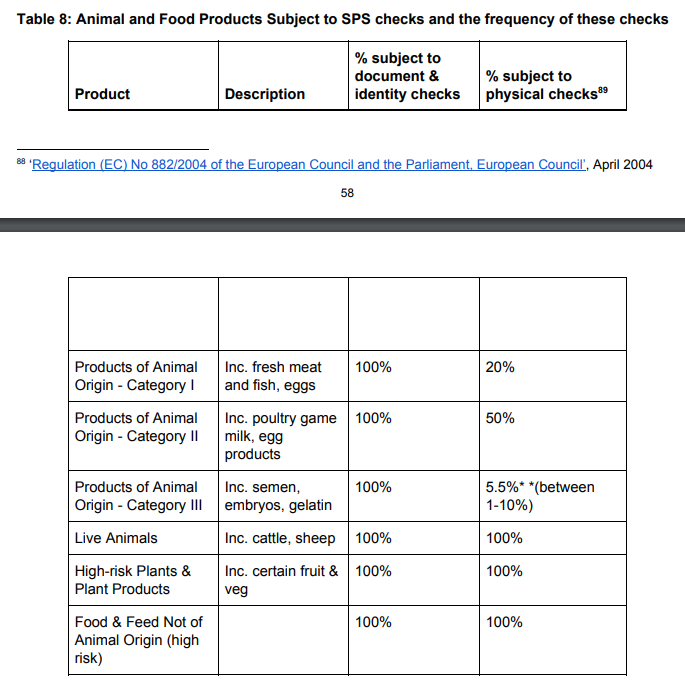
Sense in the last few years that Ministers didn't really understand that trade deals could be controversial, thought all opponents were simple protectionists, didn't really understand the changing world. That's starting to bite. ft.com/content/fbc38c…
All made worse by the first UK trade deal being with Australia, whose climate change denial was never going to allow linkage of huge gains for their agriculture sector with that issue or animal welfare. A strategic error with likely longer term consequences for UK trade.
It is simply not consistent for the UK government to say it is concerned about climate change or animal welfare, but that those who wish to tie preferential trade to these issues are protectionists. The second means you don't actually care about the first.
UK trade policy rather like the government as a whole - bold statements undermined by lack of understanding or clear decision making as to how they can be achieved, liable to lead to future problems.
• • •
Missing some Tweet in this thread? You can try to
force a refresh







